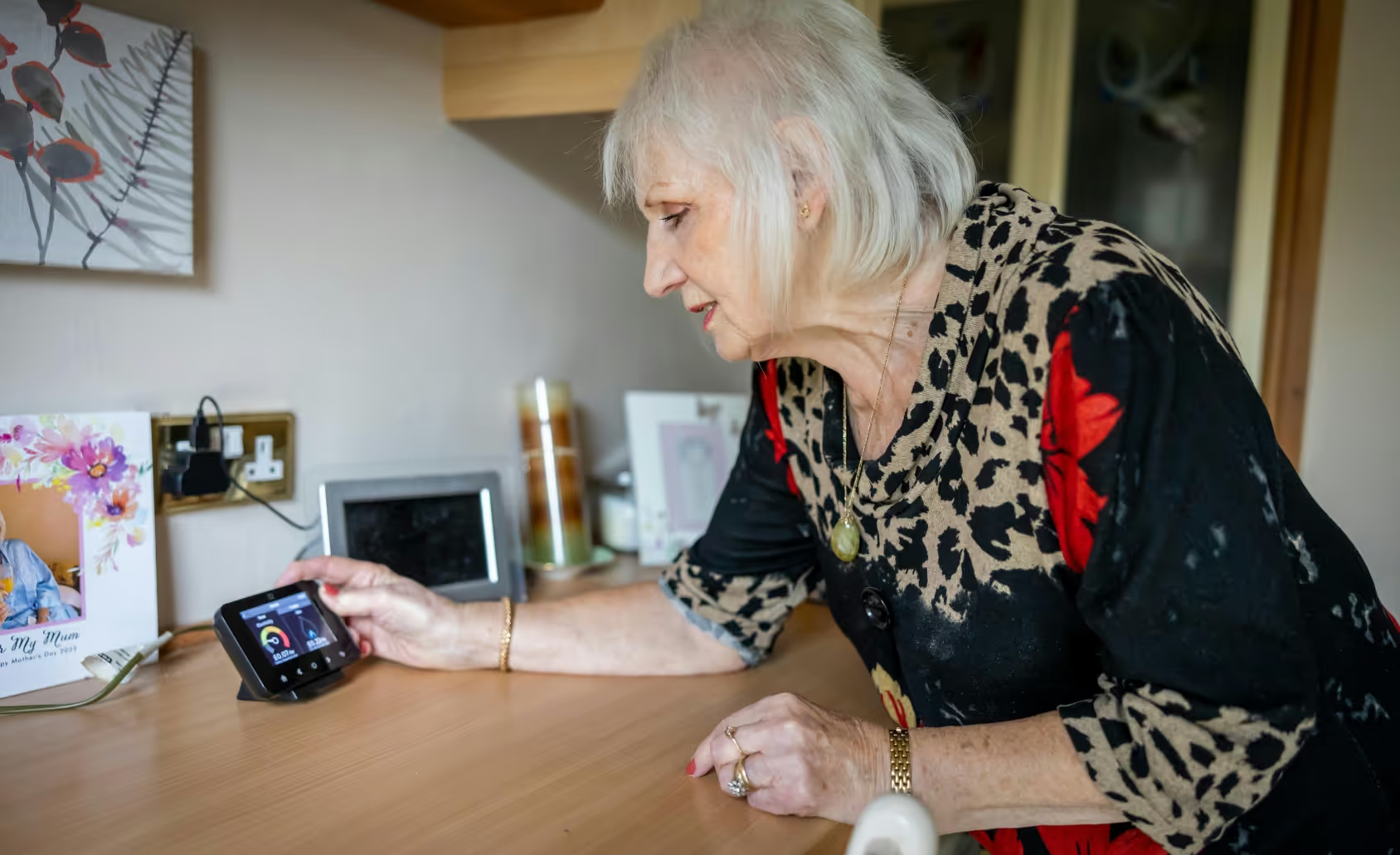The way we buy energy is undergoing a transformation. Thanks to smart tariffs, local offers and emerging tech-driven services, consumers now have more choices than ever – and this is just the beginning.
These innovations aren’t just about convenience; they’re key to achieving the UK’s net zero goals. Smart meters, connected devices and better use of energy data can help us shift demand to times when renewable energy is plentiful. This reduces our reliance on polluting gas-powered plants, and could lower bills too.
But not everyone is reaping the benefits.
Our new report, Ensuring a Just Transition for Consumers in the GB Retail Market, reveals a growing gap. While well-off, tech-savvy consumers – those with EVs, solar panels and smart appliances – are starting to benefit, others are being left behind. This includes people on low incomes, those with limited digital access or skills and renters with little control over their energy set-up.
To fix this, we need to rethink how innovation happens in the retail energy sector.
Our report, commissioned by Consumer Scotland, lays out a key principle: innovation must be inclusive. That means putting consumer outcomes front and centre – not just cutting costs, but measuring progress based on other things that matter to people (e.g. comfort in the home, health and wellbeing). It’s not enough to design shiny new tech; we must co-create solutions with those who face the biggest barriers.
There are encouraging signs. Ofgem, the energy regulator, has made inclusive innovation a focus in its latest Consumer Vulnerability Strategy. Plus, it now requires that all Strategic Innovation Fund (SIF) projects “ensure the solution is inclusive and accessible to diverse customer and consumer segments”.
The Energy Systems Catapult is also leading a UK government-funded programme to create Inclusive Smart Solutions, which is tackling the real-world barriers that vulnerable consumers face in a smarter energy system.
Still, there’s a long way to go. While Ofgem has set the right direction, it hasn’t yet defined what “good” looks like or how retailers should deliver on inclusive innovation. Add to that a lack of dedicated funding for retailers to innovate, plus their tight operating margins, means they tend to focus on developing new services for more affluent, profitable consumer groups.
It’s time to change that. The government’s next Net Zero Innovation Portfolio and future rounds of Ofgem’s SIF must include targeted funding for retailers to build smart energy services that work for everyone, with clear guidance on how to do it right.
There is also a need to embed consumer-centric outcomes more fundamentally and explicitly within current market regulations. Regulatory outcomes are focused narrowly on reducing costs and consumer protections. There is a clear need to go further into making inclusive innovation a core retail function, measured against the outcomes that matter most to people.
With the retail (and wholesale) market under the microscope as we ramp up on decarbonisation, there is a prime opportunity to rethink retail, built on the core principles of an inclusive, just transition. Regen will be working hard in this space in the coming months to provide evidence, analysis and thought leadership to help Ofgem, government and the retail market meet this challenge.
If you are interested in sharing thoughts or working with us on this, please reach out to me by email.













